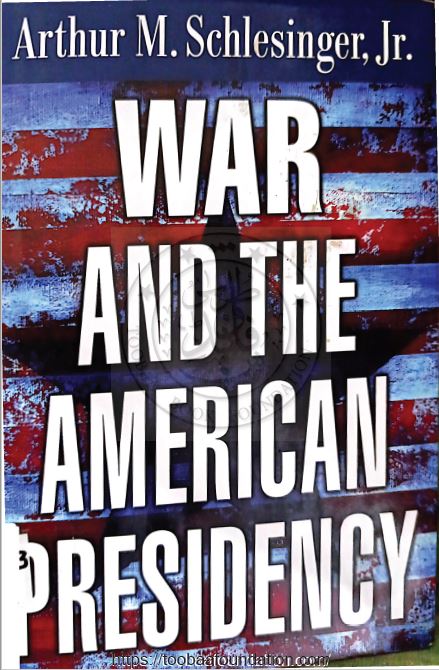War and the American Presidency
War and the American Presidency have been intertwined throughout US history, shaping both domestic and foreign policies and profoundly influencing the trajectory of the nation. Here are several key points highlighting the relationship between war and the American Presidency:
- Commander-in-Chief Role: The President of the United States serves as the Commander-in-Chief of the Armed Forces, granting significant authority over military matters. This role gives the President considerable influence in decisions regarding war and military interventions.
- War Powers: The Constitution grants Congress the power to declare war, but it also provides the President with certain powers as Commander-in-Chief. Over time, Presidents have asserted their authority to deploy troops without a formal declaration of war, leading to debates over the balance of power between the executive and legislative branches.
- Executive War-making: Throughout history, Presidents have initiated military actions and interventions without explicit Congressional approval. Examples include the Korean War, Vietnam War, and more recent conflicts such as the interventions in Afghanistan and Iraq. These actions have raised questions about the extent of presidential power in matters of war.
- Congressional Authorization: While Presidents have often initiated military actions without a formal declaration of war, they have sought Congressional authorization or approval through other means. This can come in the form of congressional resolutions, such as the Gulf of Tonkin Resolution during the Vietnam War or the Authorization for Use of Military Force (AUMF) passed after the September 11 attacks.
- War and Public Opinion: The conduct of war and military interventions can have significant implications for presidential approval ratings and political support. Success or failure in military operations can shape public perception of a President’s leadership and decision-making abilities.
- Presidential Legacies: The way in which Presidents handle matters of war and national security often plays a central role in shaping their legacies. Successful military campaigns, such as those led by Presidents like Franklin D. Roosevelt during World War II or George H.W. Bush during the Gulf War, can enhance a President’s reputation, while perceived failures, such as the Vietnam War, can tarnish it.
- Humanitarian Interventions: In addition to conventional warfare, Presidents have also ordered military interventions for humanitarian reasons, such as to prevent genocide or protect civilians. Examples include interventions in Somalia, Bosnia, and Kosovo.
- War Powers Resolution: In 1973, Congress passed the War Powers Resolution in an attempt to limit the President’s ability to commit US forces to armed conflicts without congressional approval. However, Presidents from both parties have often circumvented or ignored the resolution’s provisions.
In summary, war and the American Presidency are deeply interconnected, with Presidents playing a central role in shaping US military policy and strategy. The conduct of war has significant implications for presidential power, public opinion, and historical legacy.










Be the first to review “War and the American Presidency PDF”